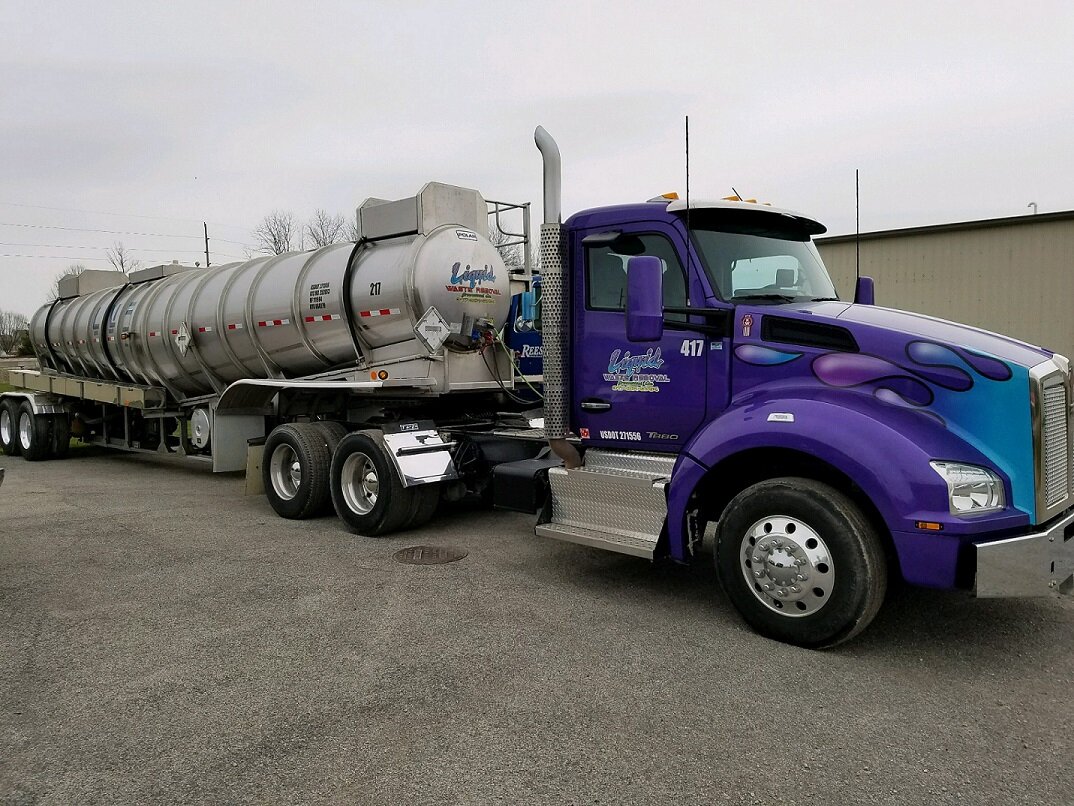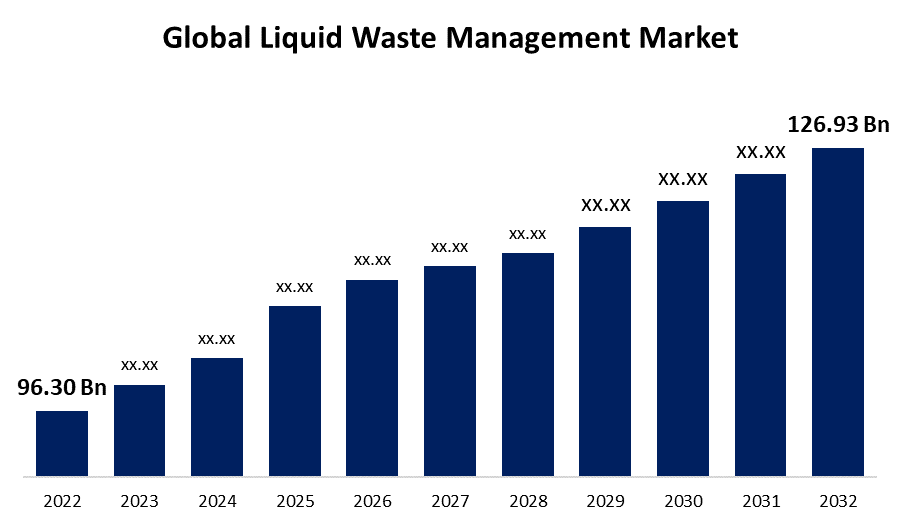Specialist Liquid Waste Removal Melbourne: Rapid and Economical Solutions
Specialist Liquid Waste Removal Melbourne: Rapid and Economical Solutions
Blog Article
Recognizing the Comprehensive Refine of Fluid Garbage Disposal: Ideal Practices and Environmental Influence Factors To Consider
The management of liquid garbage disposal is a multifaceted issue that requires a detailed understanding of numerous ideal practices and their connected ecological influences. From the sorts of liquid waste created to the approaches employed for collection, treatment, and final disposal, each step plays an essential function in protecting environments and public health and wellness. As regulative criteria advance and innovation developments, the conversation around these procedures ends up being increasingly pertinent. What effects do these modifications hold for future sustainability efforts, and just how can stakeholders ensure that they are effectively attended to?
Sorts Of Liquid Waste
Recognizing the various types of fluid waste is essential for efficient monitoring and disposal practices. Liquid waste can be extensively classified into numerous kinds, each calling for distinct handling and therapy techniques.
Industrial liquid waste usually consists of dangerous materials, consisting of heavy steels, solvents, and chemicals, produced throughout producing processes. These wastes require rigorous regulatory compliance to secure human health and the atmosphere. Domestic fluid waste mostly describes wastewater created from households, including sewage and greywater, which, although less hazardous, can still present substantial threats if poorly taken care of.
Agricultural fluid waste, including runoff from farms, typically consists of plant foods and chemicals that can bring about ecological destruction otherwise dealt with properly. Medical liquid waste, produced from medical care centers, includes contaminated fluids such as physical fluids and chemicals, requiring specialized disposal techniques to prevent infection and environmental contamination.
Last but not least, oil and oil waste, generally created by dining establishments and automotive sectors, can cause severe clogs in drain systems otherwise managed properly. Understanding these categories promotes targeted approaches for treatment, compliance with laws, and reliable disposal techniques, ultimately advertising ecological sustainability and public health safety and security.

Collection Techniques
Effective collection approaches are important for the proper monitoring of liquid waste, ensuring that it is collected safely and effectively before therapy or disposal. Various strategies are utilized relying on the sort of fluid waste generated, the volume, and the certain qualities of the waste.
One usual method is the usage of devoted collection containers or sumps, which are developed to record liquid waste at the resource. These systems often integrate pumps that facilitate the transfer of waste to larger storage space containers or therapy facilities. Furthermore, mobile collection devices geared up with vacuum cleaner modern technology are utilized in circumstances where waste is created intermittently or in hard-to-reach places.
For commercial setups, closed-loop systems can efficiently lessen leaks and spills, enabling for the recovery and reuse of liquid waste. It is also important to train workers on correct collection protocols to reduce risks linked with hazardous substances.
Additionally, carrying out routine upkeep schedules for collection equipment guarantees ideal efficiency and safety and security. The integration of sophisticated tracking systems can enhance collection efficiency by offering real-time data on waste degrees and possible dangers. Overall, reliable collection techniques are foundational to sustainable liquid waste management methods.
Treatment Processes
Therapy procedures play an essential function in the administration of fluid waste, changing potentially unsafe products right into reusable sources or safe effluents - liquid waste disposal. These processes can be generally categorized into physical, chemical, and organic approaches, each tailored to deal with details pollutants existing in the waste stream
Physical therapy approaches, such as sedimentation and purification, job by eliminating put on hold solids and particle matter. These methods are frequently the initial action in the treatment chain, properly minimizing the load on succeeding processes. Chemical therapies involve using reagents to reduce the effects of unsafe materials, speed up hefty metals, or oxidize organic pollutants, thus enhancing the security of the effluent.
Organic treatment processes, including triggered sludge systems and anaerobic food digestion, maximize the all-natural capabilities of bacteria to degrade organic issue. These techniques are especially reliable for wastewater consisting of naturally degradable pollutants. Advanced treatment technologies, such as membrane filtration web and advanced oxidation processes, are increasingly used to attain higher levels of purification.
Including a combination of these therapy approaches not just makes certain compliance with regulatory requirements however additionally promotes environmental sustainability by recouping useful resources from liquid waste.
Disposal Options
Just how can companies guarantee the liquid waste disposal liable and safe disposal of liquid waste? Efficient disposal alternatives are vital for guarding public health and the setting. The key approaches consist of land incineration, therapy, and disposal complied with by discharge into municipal wastewater systems.
Land disposal involves the cautious control of liquid waste in assigned land fills, making sure that it does not leach right into surrounding dirt or water. Incineration, on the other hand, topics liquid waste to heats, converting it into ash and gases, which call for appropriate filtration to reduce exhausts. This approach appropriates for contaminateds materials that can not be treated with conventional means.
In instances where liquid waste can be dealt with, organizations might choose for biological or chemical therapy procedures to reduce the effects of dangerous components prior to releasing the dealt with effluent into community systems. This course generally straightens with regulative needs, making certain that the effluent satisfies safety and security criteria.
Inevitably, companies need to carry out complete evaluations of each disposal alternative to establish its viability, taking into consideration variables such as waste make-up, governing compliance, and possible dangers to wellness and the atmosphere. By selecting ideal disposal methods, organizations can add to a responsible waste administration method.
Ecological Impact
The environmental impact of liquid waste disposal is a vital consideration for organizations seeking to reduce their eco-friendly footprint. Furthermore, the discharge of unattended or inadequately treated waste into surface area waters can result in eutrophication, leading to oxygen depletion and the subsequent death of fish and other organisms.

To mitigate these influences, companies need to embrace finest methods such as carrying out strenuous waste therapy procedures, advertising recycling and reuse, and sticking to governing standards. By taking a proactive approach to liquid waste management, entities check this can considerably minimize their ecological footprint while sustaining sustainable development objectives. Eventually, an extensive understanding of the ecological effects related to fluid garbage disposal is vital for informed decision-making and liable stewardship of natural deposits.
Final Thought
Effective monitoring of fluid waste is essential for guarding ecological stability and public health. By adopting best techniques in collection, disposal, and treatment, together with adherence to regulatory criteria, the potential for harmful contamination of ecological communities can be dramatically decreased. Continual advancements in modern technology and processes contribute to sustainable waste monitoring efforts. Ultimately, a thorough understanding of liquid garbage disposal not just reduces ecological effects but likewise promotes a commitment to liable source administration and environmental stewardship.
The management of liquid waste disposal is a multifaceted concern that needs a detailed understanding of numerous best techniques and their associated environmental influences. From the types of liquid waste created to the techniques utilized for collection, treatment, and final disposal, each step plays an important duty in guarding ecological communities and public wellness.The ecological effect of liquid waste disposal is a vital factor to consider for companies looking for to decrease their ecological footprint. Ultimately, an extensive understanding of the environmental impacts linked with fluid waste disposal is crucial for educated decision-making and accountable stewardship of all-natural resources.
Inevitably, a comprehensive understanding of fluid waste disposal not only minimizes ecological influences yet likewise promotes a commitment to liable resource management and ecological stewardship.
Report this page